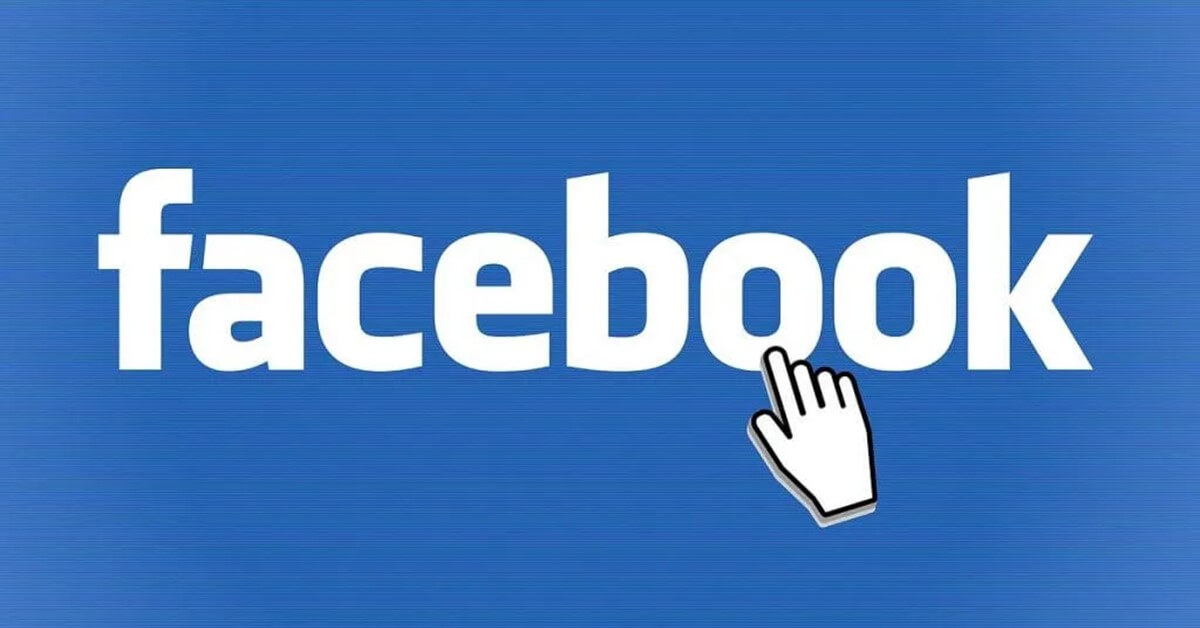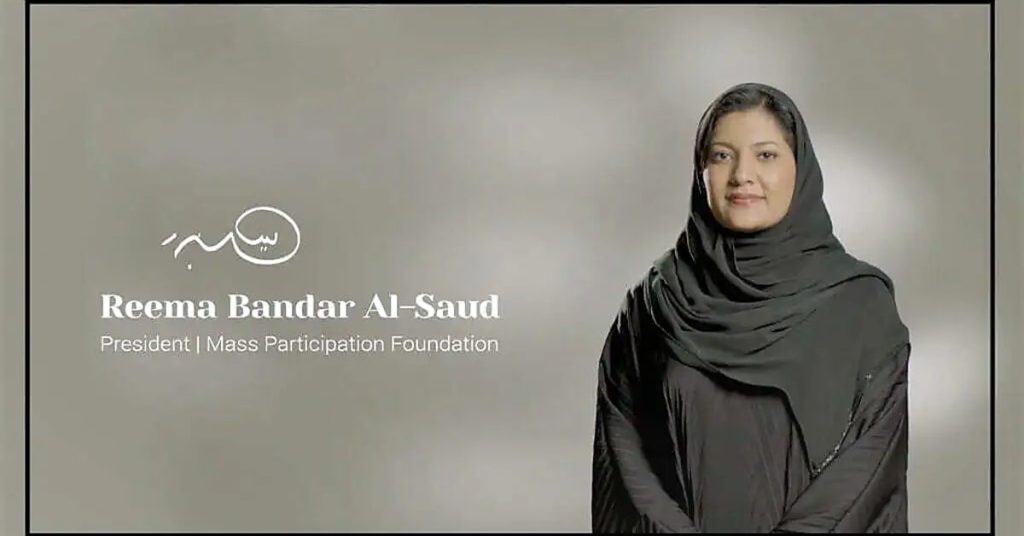Last updated on August 15th, 2024 at 09:43 am
Christopher Wylie, the latest whistleblower of the time and an employee of Cambridge Analytica, a British political consultancy firm, has made Facebook privacy and security issues concerning.
He revealed that Facebook (now Meta) gathered information on its 50 million users for the firm. Because of his ethical whistleblowing, many think Edward Snowden has played a vital part in Wylie’s act of whistleblowing as his inspiration.
Facebook fined
The British government fined Facebook 500,000 pounds, over its privacy and security issues. The revelation of Wylie has created horror and a huge outcry among the users of Facebook and its future existence. For violating consumers’ privacy the FTC (Federal Trade Commission) of the USA imposed a 5 billion dollars penalty in 2019. The fine was approved by the court in 2020. “If you wanna play with new toys, be safe. You pay the price of admission”, says Corbin O’Brien, the Deputy Director of the National Security Agency in the biopic film, Snowden.

Later in January 2022, France’s data privacy watchdog, The Commission Nationale de l’Informatique et des Libertés (CNIL), has fined Google and Facebook a combined €210m (£176m) for hampering users’ ability to stop the companies tracking their online activity. Like Google, Facebook was also found breaching internet users’ web activities by making it difficult for them to refuse cookies.
The underlying message of Wylie’s words are profound, that every privilege and advantage we seek to be useful to us, on the internet, there is a price for that. And every privilege that comes with higher advantage and expediency demands higher prices. Gradual technological innovation brings about changes in the Netizen’s lives, while it is coupled with advanced cyber-freedom and sovereignty in human interaction.

Because of the unrestrained freedom from technology, the question of whether “security” or “privacy” to be preferred keeps resurfacing time and time again. Nowhere in the world can we expect absolute “security” or absolute “privacy”.
Nevertheless, the world population has been divided into two preferred lines regarding ‘privacy’ and ‘security’: one line preferred to have “security” forfeiting “privacy” while the other fiercely argues for “privacy”’ ignoring the need for “security”, and again other demand the both at the same time. Søren Kierkegaard was right to say, “It is a strange desire to seek power and to lose liberty.”
It is a strange desire to seek power and to lose liberty.
Søren Kierkegaard
“Is Christopher Wylie a champion of “privacy” or a foe to cyber “security” or modern-day tech-moralist? or someone who merely craves cheap fame?” are some brain-teasing questions for the populace of the modern world.
history of whistleblowing
History has witnessed many whistleblowers in the past. According to Wikipedia, a whistleblower is a person who exposes any kind of information or activity is deemed to be illegal, unethical, or not correct within an organisation that is either private or public. It ranges from Internal or External in the private or public sector.
Originated in Roman and Anglo-Saxon law during Lex Pedia– the son of Marcus and nephew of Julius Caesar-the word Qui Tam became part of the Common Law writ. The complete form of qui tam is qui tam pro domino rege quam pro se ipso in hac parte sequitur, in Latin which means ‘he who sues in this matter for the king as well as for himself’. Instead of any lawyer the criminal cases were prosecuted by a private citizen (modern-day whistleblower) and had to be offered a portion of the forfeited property of the defendant to the initiator of the case, meaning the whistleblower.
During the time of the King Wihted of Kent in 690 AD, whistleblowing was concerned with Sabbath-breakers (Sabbath- for Muslims and Jewish it is Friday, and for Christian, depending on culture, it is Sunday). The provision of the kingdom reads: “During Sabbath, if any freeman works he shall lose his profit and half of the fine and the profit of the labour will be given to the man who informs against him’’.
The provision qui tam subsequently was adopted as Common Informer Act (1990) in the English law and False Claims Act during the American Civil War incentivizing the whistleblowers, who came forward to disclose the unethical and corrupt practices of the officials.
From the first American whistleblower in 1773, Benjamin Franklin’s leak of letters written by Governor Hutchinson to Thomas Whately during British America –which sparked the American Revolution and freed the American Colonies from the British hegemony during 1765-1783, the world was able to produce hundreds of more whistleblowers subsequently.
Including Christopher Wylie, the history of whistleblowers is replete with hundreds of more known-unknown whistleblowers across the world. From the very whistleblower Samuel Shaw, except Benjamin Franklin- of United States Continental Navy in 1777, Wikipedia records 153 whistleblowing incidences, excluding Christopher Wylie.
77, which is 50% of all the incidences –including that of Christopher Wylie- took place in the US alone. Topping with 7.7% National Security Agency of the USA and 6.6% in the US Army and 5% in US Police 6, 5 and 4 times whistle has been blown in National Security Agency, the US Army and the US Police consecutively.
Considering Central Intelligent Agency and FBI, 5.19 per cent and 3.89 per cent consecutively, there is hardly any other sector left without the foot-print of whistleblowers and that includes Marin, Food and Drug Administration, US Department of Justice, US Department of Defence, US State Department, Pharmaceuticals, Education, US Government, US Transportation and Security Administration, US Securities and Exchange Commission, Banks, US Environmental Agency, Custom, and Energy, etc.
Surprisingly, 65 per cent of whistleblowing incidences took place right after the 2000s.

Along with the most familiar whistleblower, W. Mark Felt, the associate director of the FBI, who disclosed the information about the involvement of President Richard Nixon in the infamous Watergate Scandal, cost his presidency, eventually, in 1972.
Chelsea Manning of the US Army blew the whistle in 2010 by leaking a huge amount of classified data to WikiLeaks relating to the military operation in Baghdad, Granai Strike in Afghanistan, and 500,000 military reports that later came to be known as the Iraq war logs and Afghanistan war logs.
Chelsea was convicted of violating the Espionage Act and awarded 35 years of imprisonment. Suffering Gender Identity Disorder Manning was a transgender man and hoping to resolve it. She was just 23 during the leak and revealed to the court of martial that he had a feminine identity.


Edward Snowden
Then comes the Snowden blow in the face of the NSA in 2013. The 29-year-old spilt the bin by disclosing thousands of classified data related to US global surveillance to The Guardian News and The Washington Post in June 2013 in Hong Kong in a hotel room of the Mira. He was hired by NSA by Booz Allen Hamilton- an American management and information technology firm.
The US Department of Justice brought charges against him for violating the Espionage Act in June in the same year. With the help of Human Rights for Freedom of Speech, Snowden was granted political asylum in Russia till 2020.
His acts of whistleblowing are whether self-professed heroism or an act of garnering cheap popularity it breeds momentous media debate, public controversies, political divide, and international enthusiasm about NSA surveillance content.
The Director of National Intelligence, James Clapper told to The Washington Post that it “does huge and grave damage to our intelligent capabilities”. American Whistleblower Protection Act works only if it does any good to the government by revealing any fraud committed in either the federal or public sector.
Former US president Jimmy Carter dubbed him “to violet the laws of America for which he must be responsible”, and, thinks the invasion of human rights and privacy of people have gone too far. Bill Nelson, the Senator from Florida expressed his view on his webpage saying, “it is an act of treason”.
In a Gallup poll, 44 per cent suggest it is wrong for the government to record their phone calls and keep them under surveillance while 42 per cent showed disapproval of the act of Snowden. A PEW research found that 49 per cent of people think Snowden served the public interest while 44 per cent thought it did not, and 54 per cent of people think it was a criminal act as 39 per cent said it was not an act of criminality.
The YouGov opinion poll shows that the “favourable” 40 to 42 per cent down 36 per cent when asked about Snowden’s act, while the “unfavourable” line steadily rose from 39 to 41 and ultimately to 42 per cent.
A Wall Street Journal survey found only 11 per cent of respondents found Snowden’s move a “Positive” while 38 per cent views him “Negatively”. Stating the act of the government accusing Snowden of violating the Espionage Act Amnesty International said, “States that attempt to stop a person from revealing such unlawful behaviour are flouting the International Law, freedom of expression if fundamental”.
Apart from making himself a media celebrity and making media revenue sky-rocket, being a hot-cake of discussion for a time and making America’s arch-rival Russia stronger with more information, what good he really did to the people of America and of the world as a whole is still murky, and better or worse still a matter of individual point of views.
That, his intention of doing good to the people of the world is still opaque. That, the act was a revengeful one towards the Obama Administration is pretty obvious in the documentary Citizenfour. Instead of attaching his name to leak, he did what could have been done by being anonymous to the media and to the people. Even though he has epilepsy, he did not look anxious or depressed during the leak, but rather cheerful instead.
Christopher Wylie
However, A Cambridge Ph.D. graduate in Fashion Forecasting Christopher Wylie is the latest whistleblower. The 28 years old was born in Canada to a physician father and a psychiatrist mother. Diagnosed with ADHD (attention deficit hyper disorder) and dyslexia Wylie is an exceptionally talented man. He left school at 16 and yet started working at 17 with the Canadian opposition party. He came to the UK in 2010, at his 20, to study in Cambridge.
On March 16, 2018, Wylie blew the whistle regarding Facebook privacy and security issues with such a heavy tune that it is now in a state of existential crisis. Whether he was coerced by the journalists or a self-motivated whistleblower is not clear, yet his revelation of harvesting profiling information of 50 million Facebook users has been a dimension to privacy hijacking of technology users.
While studying in Cambridge, Wylie worked for Liberal Democrats, UK, and came across a connection of Liberal Democrats who own the SCL Groups. It’s a Britain-based behavioural research and strategic communication company which has gained huge public recognition in the USA through its affiliated company Cambridge Analytica.
It has already conducted 200 elections worldwide through its subsidiary company SCL Elections. It can influence people’s behaviour during the election through disinformation and micromanagement in swinging the voting decision.
Funded by American billionaire businessman Robert Mercer and founded by Alexander Nix, Cambridge Analytica was set up in the USA in order spice up the political atmosphere by “addressing the vacuum in the US Republican political market,” in 2013, according to The Guardian.
Wylie was offered to work with Cambridge Analytica and it turned out to be the “worst idea” to accede to, he says. He worked with Cambridge Analytica till 2014.
To support the Republican Candidates-including Mercer’s daughter Rebekah- Cambridge Analytica worked with the Republican Campaign during the 2016 US presidential election. In order to identify new potential voters, to change their minds Cambridge Analytica needed to conduct the ‘psychological operation’ with a view to spreading disinformation, rumours and fake news.
The company had previously put such ideas in the already conducted elections, mostly in under-developed countries where voters are vulnerable to fake news and rumours.
Aleksandr Kogan a Cambridge academic, who owns GSR (global science research) company, developed a social media platform-based application named thisismydigitallife. He used the app with GSR. Being a social media-based application thisismydigitallife was able to gather 320,000 personality trait tests by paying for taking the test.
The application is capable of automatically reaching 160 other friends of the test taker without being noticed once the test-taker gives permission to access his profile. In this way, the application pulls out the users’ data about their activity-logs, likes, personal messages, posts, status other information that Facebook holds about them.
BBC News published four steps the way thisismydigitallife worked to harvest data from millions of users:
- In order to grant permission from the users, Mr. Kogan used a personality quiz to access information from their profiles.
- 260,000 users downloaded the application at the time and asked for ‘more limited permission’ from the users’ friends.
- Depending on a user’s setting, if a user sets to allow sharing with friends’ application and the friends give permission to thisismydigitallife, then it is able to gather more information.
- In his application, Mr Kogan said he was collecting the data for the academic purpose.
Later, the data gathered by thisismydigitallife was sold to Cambridge Analytica to influence the 2016 US presidential election. Nevertheless, it was still unclear whether Cambridge Analytica played any unethical part in having Donald Trump won the election, Mercer paid about 15 million dollars to Cambridge Analytica and 1 million to Mr Kogan.
When Christopher Wylie blew the whistle about the privacy breach, the CEO of Cambridge Analytica categorically denied getting any data from GSR. He informed the committee investigating fake news that no data was collected from Mr Kogan’s company and used in the 2016 US presidential election. Facebook’s UK director too denied having passed any data Cambridge Analytica while its lawyer admitted saying Cambridge Analytica indeed collected data from it and Mr Kogan was given consent to acquire data only for academic purpose, and “GSR is not authorised to share or sell it to a third party”.
Nevertheless, opposed by Wylie saying that “the data was obtained illicitly”. A statement from GSR published in The Guadian, says he had “a close working relationship with Facebook”, which has granted him permission for Mr Kogan’s application. In the same sense, Facebook too said: “Kogan gained access to this information in a legitimate way and through the proper channels, but did not abide by our rules”. This year Facebook exposed hundreds of millions of Facebook users’ numbers online.
Rebecca West, the British author, journalist, and literary critique once said, “the troubled man is twofold: he cannot learn the truth which too complicated and forgets the truth which too simple”.
The troubled man is twofold: he cannot learn the truth which too complicated and forgets the truth which too simple”.
Rebecca West
The world is in hot water to find the truth about Wylie’s blowing the whistle. Research after research, poll after poll, survey after survey, debate after debate, and opinion after opinion stream down to prove who is ‘right’ and who is ‘wrong’.
How Facebook Fails Us
The Court of Justice will again decide wrongdoing must not go unpunished. The world-ethic is again going to be divided into ‘Security and Privacy.’ Wikipedia will add up another whistleblower on its list. Print media, cable media, web traffic will skyrocket once again.
Facebook is indeed having a bad time recently for its lack of security measures on users’ privacy activity. It fails to detect activities related to terrorism. Most of its top officials resigned after the shocking mosque shootout in New Zealand last year when the shooter went on shooting through Facebook live stream.
People commit suicide on live via Facebook, a gory trend frequent in Bangladesh as well. It has been a primary medium of spreading rumours, fake news, a propaganda tool for parochialists who cannot tolerate differences of opinions among people in countries like Bangladesh.
After a year of Wylie’s exposure of Facebook’s agreement to gather information of 50 million users and misused them by Cambridge Analytica, he has gone back to his original profession: fashion designing. He has been hired by the Swedish fashion retailer H&M.
conclusion
And once again the right to exist, the right to speak, the right to move, the right to be right, the right to know the unknown, the right to education, the right to satiation and the right to a recreation of more than a million Rohingyas stranded in Bangladesh, hundreds of thousands of people who are dying in Syria, Yemen and the people who have been subject to political rage will remain untold.
Media loves celebrities, and media creates celebrities while it is the same media that buries celebrities under the rubble media. Did Wylie really do any public good? Is whistleblowing doing any good today? Will Wylie beget another Wylie just the Snowden breeds Wylie? Will it serve any purpose after all?
Our constantly-growing addiction toward the internet and social media has been the cause of resurfacing the most pressing questions: what do we really want, ‘privacy’ over ‘security’ or ‘freedom’ over ‘security’ or ‘privacy’ over ‘security’? We must choose any one of the above sacrificing the rest as the saying goes, ‘there is nothing called privacy on the internet we cannot expect two at the same time.
Nevertheless, Facebook privacy and security issues are grave concerns as our information float across social media platforms.






